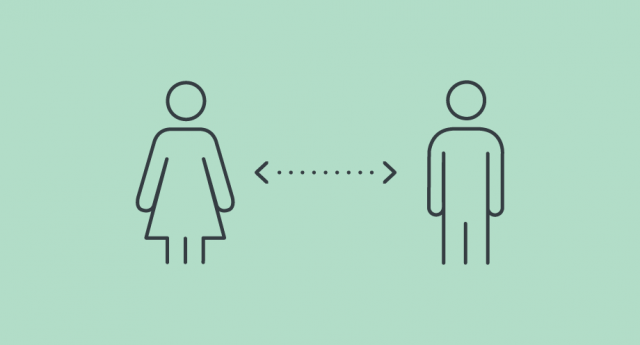iPaulina

Angela Merkel Stepping Down
Who will replace her?At the end of 2021, Germany will have a new chancellor – Angela Merkel has announced that she will not be running in the general election in September. That will end her 16-year term as Germany’s most important politician. Mrs Merkel’s chosen successor, Annegret Kramp-Karrenbauer, resigned as chairman of Merkel’s CDU party after a scandal in Thuringia (a state in ex-East Germany) where her party made a deal with the far-right AfD party. A vote on the new chairman on the 16th of January was won by Armin Laschet, the premier of North-Rhine – Westphalia.
Mr Laschet advertises continuity: he says a change of direction would ‘send exactly the wrong signal’. He supported Mrs Merkel’s open-door refugee policy in 2015 and has an ability to connect with immigrant communities. He is very pro-EU and takes a softer stance on Russia and China. His credibility was damaged last spring when he called for an early relaxation of Coronavirus restrictions, reportedly infuriating Mrs Merkel. The fact that he is now chairman of the CDU does not necessarily mean he will be their candidate for chancellor, although it does put him in a good position. While no one else has announced their candidacy, health minister Jens Spahn and Bavaria’s premier, Markus Söder, are possible options.
Mr Spahn earned praise due to his handling of the pandemic, although a slow vaccine roll-out in Germany is now getting criticism. He would be the first openly gay German chancellor – a big change for a party that opposed same-sex marriage until recently. Mr Spahn is generally conservative. He is often anti-immigration (he opposed Mrs Merkel’s open-door policy in 2015). He wants to reduce dual citizenship and is in favour of a register of mosques in Germany. He opposed a change to a German law that took place in 2019 whereby doctors and clinics were allowed to put the fact that they carried out abortions on their websites – this previously counted as illegal advertising of abortion.
The other candidate would be Markus Söder, the premier of Bavaria and head of the CDU’s Bavarian sister party, the CSU. He has said in the past that he won’t run for chancellor because his ‘place is in Bavaria’, but he is very popular. One reason for this popularity is that he locked Bavaria down early last year, with the rest of Germany then following suit, and has led centre-right attacks on the far-right AfD. In the last few days, he has criticised the EU for being too slow in approving the vaccine and placing orders badly, leading to the shortage it is now facing.
In terms of popularity, Mr Söder and Mr Spahn had a much higher approval rating than Mr Laschet in a poll by German newspaper Der Spiegel in December. However, a more recent poll from mid-January published by The Economist puts Mr Söder in the lead, with Mr Laschet behind him and Mr Spahn bringing up the rear. Popularity may be a good indicator for the CDU/CSU candidate (the two parties run together) – the aim, after all, is to win an election. After Mrs Merkel’s handling of the pandemic, this looks likely. The question remains who will be on the ticket.
Helena VI







